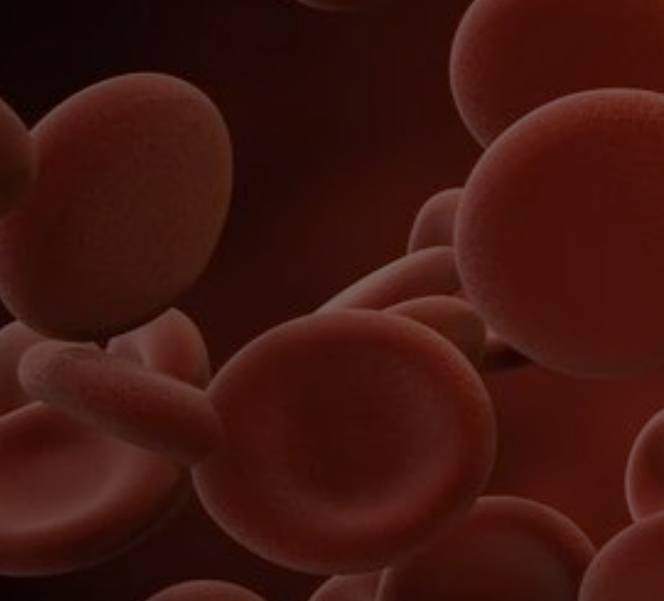We are pleased to introduce you Michelle Thibodeau. She is a Certified Cancer Coach and devote her life helping others. She is located in the Ottawa area in Canada. You can follow her on Facebook
It is a fact that most cancer patients are suffering from an un-diagnosed thyroid condition.
The thyroid is a small butterfly shaped gland located in the front of the beck just below the voice box. This gland produces a hormone that helps regulate growth, metabolism and energy levels. Thyroid problems are becoming more common and appear gradually over time making thyroid disease difficult to assess.
The thyroid gland regulates our metabolic rate, acting as the body’s thermostat. It also affects the immune system as well as the proper functioning of all hormone systems. The three most common thyroid problems are under-active thyroid, overactive thyroid and thyroid nodules.
Under-active thyroid is called Hypothyroidism. In this condition the body’s immune system mistakenly attacks the thyroid gland. Symptoms of hypothyroidism can include fatigue or lack of energy, weight gain, feeling cold, dry skin and hair, heavy menstrual period, constipation and slowed thinking.
Over-active thyroid is called Hyperthyroidism. Symptom of an over-active thyroid can be any of the following: jitteriness, shaking and nervousness, rapid heartbeat or palpitations, feeling hot, weight loss, fatigue, frequent bowel movements, shorter and lighter menstrual periods.
Nodules or lumps are fairly common and are usually harmless but should be tested as about 4% can be cancerous.
The basal temperature test is a very effective self-test for measuring thyroid function that can be done at home and is much more reliable than any thyroid blood test. That’s because the BTT measures the actual result of one critical thyroid activity, namely the maintenance of body temperature. Blood tests only measure the amount of thyroid hormone circulating in the bloodstream, which may or may not be typical of how much active hormone (T3) actually gets to the cells that need it.
Thyroid imbalances occur for many reasons. One theory is the constant exposure to free radicals and numerous sources of radiation. Other causes include soil deficient in iodine and mercury dental fillings. Chlorine widely used in the purification of our water supply and fluoride also found in our water and other products such as toothpaste and at the dentist’s office are also known to cause imbalances. Underactive thyroid is strongly linked to iodine and selenium deficiency and since many individuals are directed to reduce or eliminate salt intake, due to high blood pressure, many of us are not getting enough iodine in our diets.
When your thyroid is unbalanced, because it is linked to all other glands of the endocrine system, it can affect the adrenals, gonads, pancreas and pituitary. Excess thyroid hormones (Hyperthyroidism) affect the balance of calcium in the body and lead to deficiencies of vitamins A, D, E and K.
Our thyroid is very important and as you can see; if the thyroid hormones don’t work properly it can cause us some major problems.
In Canada intake recommendations for iodine and other nutrients are provided by the Food and Nutrition Board (FNB) at the Institute of Medicine of the National Academies. They have set Iodine concentration levels of 100–199 mcg/L per day in children and adults as adequate.
The Food and Nutrition Board of the Institute of Medicine in the US has set the tolerable upper limit at 1,100 mcg. These guidelines may be inadequate to address certain health conditions as they were first established only to prevent goiter. Daily doses for optimal health of 3,000-6,000 mcg have been used without side effects in studies of people with other iodine deficiency-related health conditions such as polycystic breast disease.
By comparison, the average daily Japanese consumption of iodine ranges from 5,280 to 13,800 mcg of iodine, with no harmful effects and a host of benefits.
WHAT YOU NEED TO KNOW: IODINE DEFICIENCY
- Iodized salt is the chief source of iodine in the industrialized world. .
- Recent scientific analysis reveals that many commercial table salt brands now contain inadequate amounts of iodine.
- Iodine is critical to healthy thyroid function
- Inadequate iodine intake causes weight gain, low energy, depression, cardiovascular disease, cognitive decline, and a variety of cancers.
- Iodine is vital to breast health in older women, with low intake correlated to increased risks for breast cancer and fibrocystic breast disease.
The thyroid gland, breast tissue, and portions of the digestive tract share similarities in that all of them contain a rich concentration of iodine. Stomach lining cells in particular concentrate iodine, capitalizing on its antioxidant effects.
Increased iodine intake has been strongly correlated with a reduction in stomach cancer rates in recent years
The best sources of iodine come from our oceans in the form of seaweeds such as kelp, nori, wakame and bladderwrack. Other good sources are seafood, plain yogurt and good quality iodized salt.
Due to its important role in thyroid hormone production, iodine is a critical nutrient for proper health at all life stages.
Michelle Thibodeau
Certified Cancer Coach
www.Nuhealings.com
References:
Life Extension Magazine 2011 – The Silent Epidemic of Iodine Deficiency – By Nancy Piccone
Professional Cancer Coaches International
Healing the Gerson Way – Defeating Cancer and Other Chronic Diseases








